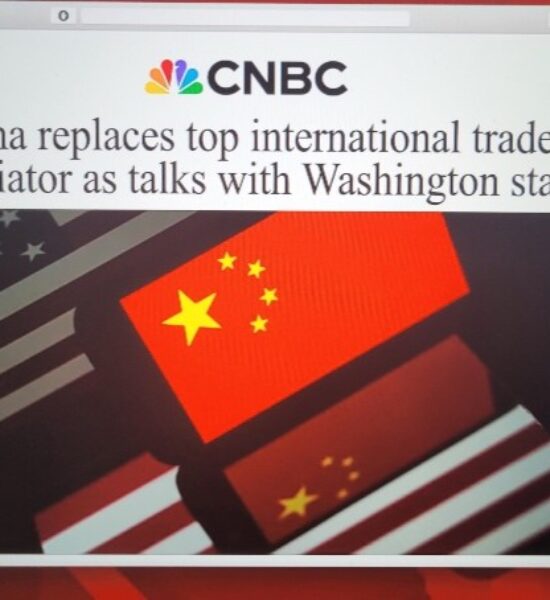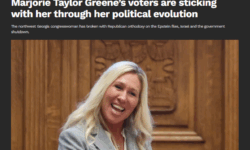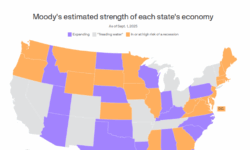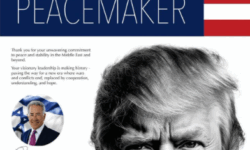China is grappling with a 245% tariff imposed by President Trump, signaling his upper hand in escalating trade tensions. Trump is leveraging his knowledge of China’s land ownership in the U.S., the truth behind incidents like the Chinese balloon and drones, trade deficit figures, and bond holdings to pressure Beijing. Scott Bessent, a key advisor, has informed Trump that China is economically cornered, facing low consumer spending, shaken consumer confidence, high youth unemployment, and a persistent property market slump. These vulnerabilities make China heavily reliant on American buyers, while its practice of dumping cheap products stifles U.S. entrepreneurs eager to supply domestic markets.
Xi Jinping’s visits to Cambodia and Vietnam underscore his desperation to seek regional support and counterbalance U.S. pressure. The tariffs threaten China’s export-driven economy, and with domestic challenges mounting, Xi is scrambling to maintain influence and secure economic lifelines. Trump’s strategy aims to exploit these weaknesses, potentially reshaping trade dynamics to favor American innovation and production, as China’s economic mess leaves it with limited room to maneuver.
- Xi is showing desperation. China now faces a 245% Trump tariff. China is in a mess and Trump has the upperhand. Trump knows that China owns land in US, he knows the truth about the balloon, the drones, the trade deficit numbers, the bonds. Scott Bessent has told Trump that China is in a box. While you are thinking how you will purchase that item if China is not sending it. There are entrepreneurs in this country that want to supply the items but can’t because China dumps cheap products in this country.
- China has economic challenges. They need American buyers. They have low consumer spending, low consumer confidence, high youth unemployment, ongoing property slump.
- Why is Xi going to Cambodia and Vietnam? Because he has a problem.




